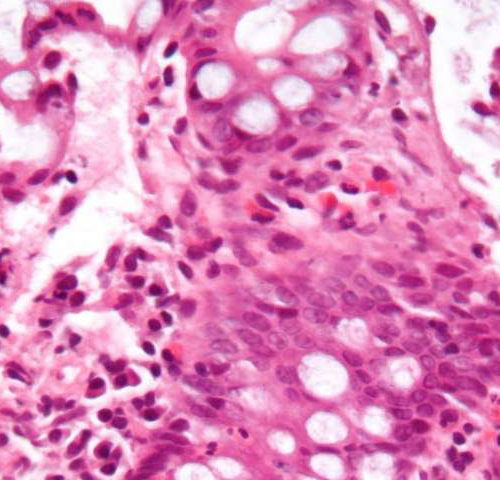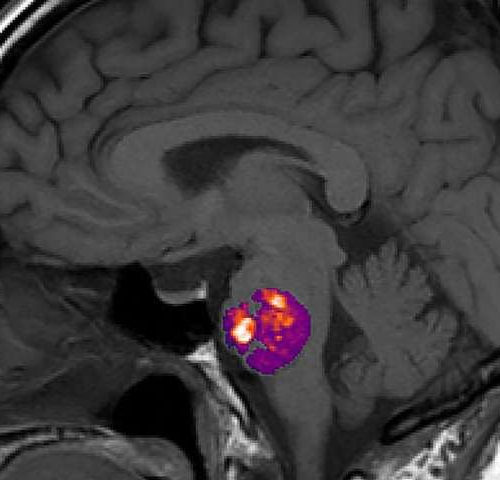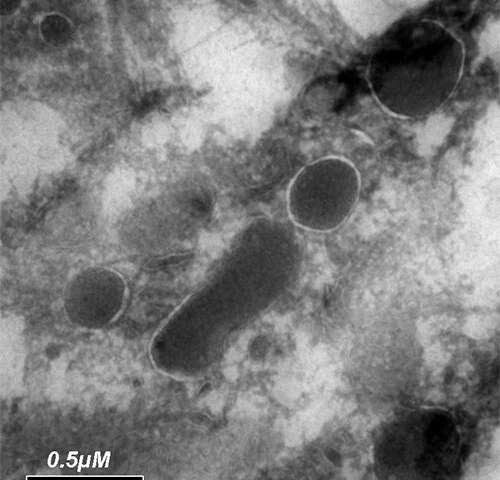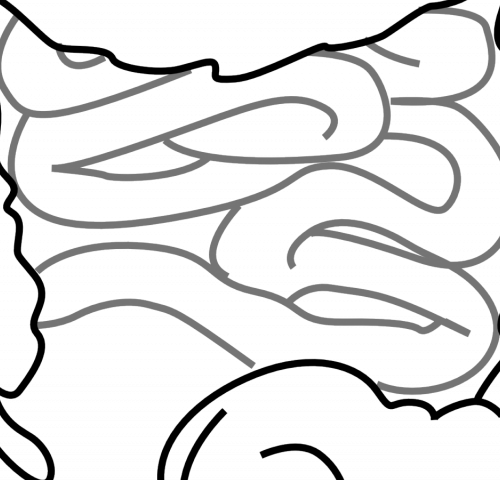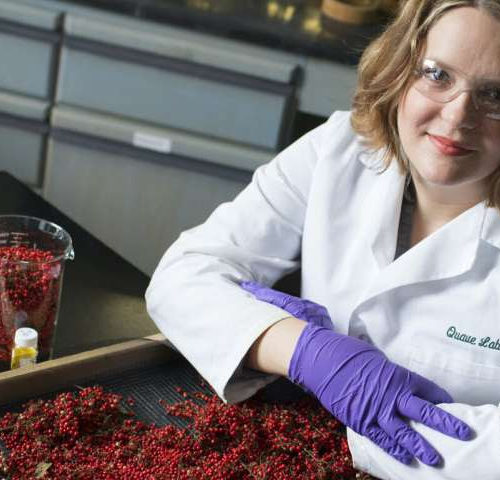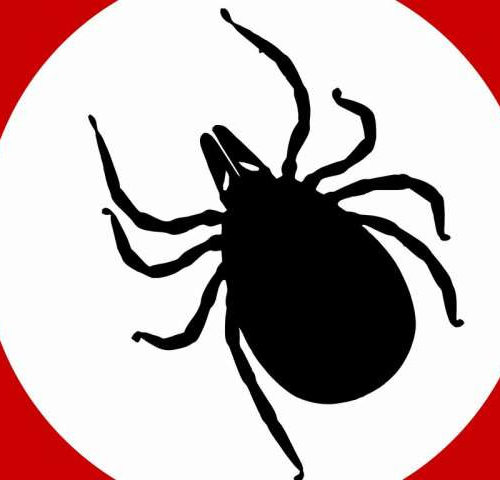by University of Michigan While many people put off their regular trips to the dentist, recent research has shown that the consequences of doing so may go beyond cavities and root canals. From heart disease to diabetes, poor oral health is often a reflection of a person’s overall health and may even be the cause...
Tag: <span>bacteria</span>
Ways to disrupt protein synthesis in Staphylococcus aureus found
Kazan Federal University continues to research Staphylococcus aureus, one of the most dangerous bacteria causing nosocomial infections. It is well known that many strains of Staphylococcus are resistant to antibiotics, and research groups around the world seek new targets in the bacteria to decrease their infectious potential. Head of KFU research group, Leading Research Associate...
The Evolution of a Bacterial Navigation System
Caltech researchers and collaborators have discovered how the bacteria Escherichia coli evolutionarily repurposed cellular machinery into a kind of navigation system to control movement through its environment. The study was led by researchers in the laboratory of Grant Jensen, professor of biophysics and biology and Howard Hughes Medical Institute Investigator. A paper describing the research...
Study ties stroke-related brain blood vessel abnormality to gut bacteria
by National Institutes of Health In a nationwide study, NIH funded researchers found that the presence of abnormal bundles of brittle blood vessels in the brain or spinal cord, called cavernous angiomas (CA), are linked to the composition of a person’s gut bacteria. Also known as cerebral cavernous malformations, these lesions which contain slow moving...
5 things you can do to make your microbiome healthier
by Connie Rogers and Darrell Cockburn, The Conversation It’s common for people to focus on their health at the start of the year. But few consider the well being of the microbes that live inside the human gut—the microbiome—which are vital to an individual’s good health. How important are these bacteria? There are as many...
Cells inside cells: the bacteria that live in cancer cells
by Weizmann Institute of Science Cancer cells are comfy havens for bacteria. That conclusion arises from a rigorous study of over 1,000 tumor samples of different human cancers. The study, headed by researchers at the Weizmann Institute of Science, found bacteria living inside the cells of all the cancer types—from brain to bone to breast...
New gut-brain link: how gut mucus could help treat brain disorders
by RMIT University Mucus is the first line of defence against bad bacteria in our gut. But could it also be part of our defence against diseases of the brain? Bacterial imbalance in the gut is linked with Alzheimer’s disease, autism and other brain disorders, yet the exact causes are unclear. Now a new research...
HOW SOAP WORKS TO KEEP YOU HEALTHY
Washing your hands with plain soap and water can destroy the coronavirus that causes COVID-19. But how does soap work to keep you healthy? “There are so many unknowns about this pandemic that are driving fear and leading to irrational actions, like panic-buying of toilet paper,” says Bill Wuest, an associate professor in the chemistry...
Scientists identify chemicals in noxious weed that ‘disarm’ deadly bacteria
by Carol Clark, Emory University Scientists have identified specific compounds from the Brazilian peppertree—a weedy, invasive shrub in Florida—that reduce the virulence of antibiotic-resistant staph bacteria. Scientific Reports published the research, demonstrating that triterpenoid acids in the red berries of the plant “disarm” dangerous staph bacteria by blocking its ability to produce toxins. The work...
How the Lyme disease epidemic is spreading and why ticks are so hard to stop
by Durland Fish, The Conversation In the 1970s, an epidemic of mysterious arthritis-like symptoms began spreading among children in the lushly wooded area around Lyme, Connecticut. Scientists traced the cause to tick bites and named it Lyme disease, but why it had suddenly appeared there was a mystery. Similar symptoms had been documented on Long...

